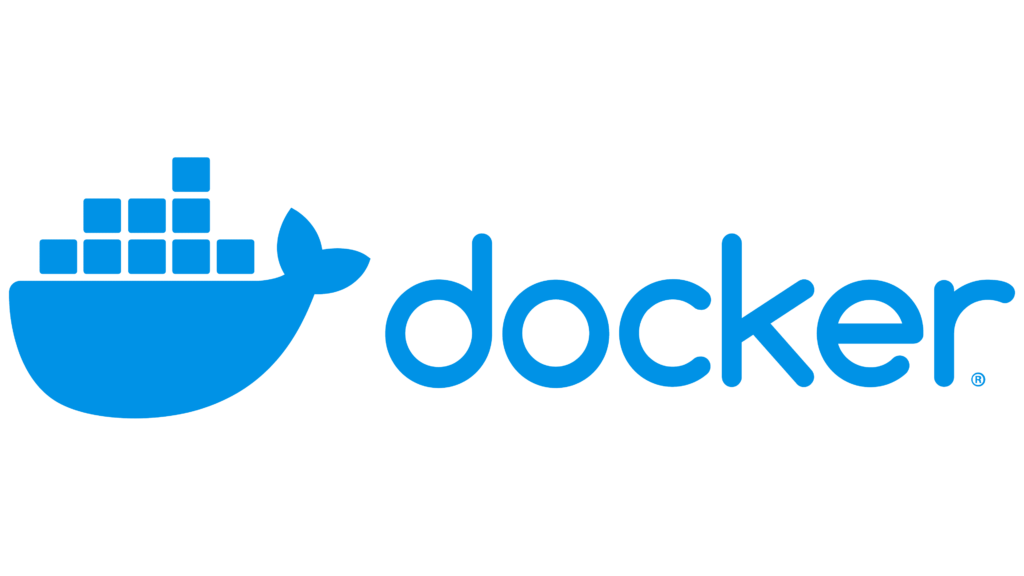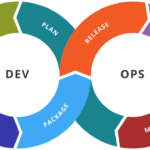DevOps is a combination of practices, tools, and cultural philosophies that enable organizations to deliver applications and services at a high velocity. There are a variety of DevOps tools available in the market, but here are the 5 best DevOps tools that are widely used by organizations:

- Jenkins: Jenkins is an open-source automation server that is used to build, test, and deploy applications. It is one of the most popular DevOps tools, and it supports a wide range of plugins that can be used to integrate with other tools in the DevOps toolchain.

2. Git: Git is a distributed version control system that is used to manage source code. It allows multiple developers to work on the same codebase simultaneously and provides features like branching and merging that make it easy to manage code changes.

3. Docker: Docker is a containerization platform that allows applications to be packaged in a lightweight, portable container. It provides a consistent environment for applications to run in, regardless of the underlying infrastructure, which makes it easier to deploy and manage applications.

4. Ansible: Ansible is an open-source automation tool that is used for configuration management, application deployment, and orchestration. It uses a simple, human-readable language to describe automation tasks, which makes it easy to learn and use.

5. Kubernetes: Kubernetes is an open-source container orchestration platform that is used to manage and deploy containerized applications. It provides features like load balancing, auto-scaling, and self-healing, which make it easier to manage and deploy applications at scale.
These are just some of the most popular DevOps tools available, and there are many others that are used by organizations depending on their specific needs and requirements. Ultimately, the key to successful DevOps is to use the right tools and practices to build a culture of collaboration and continuous improvement across the organization.






